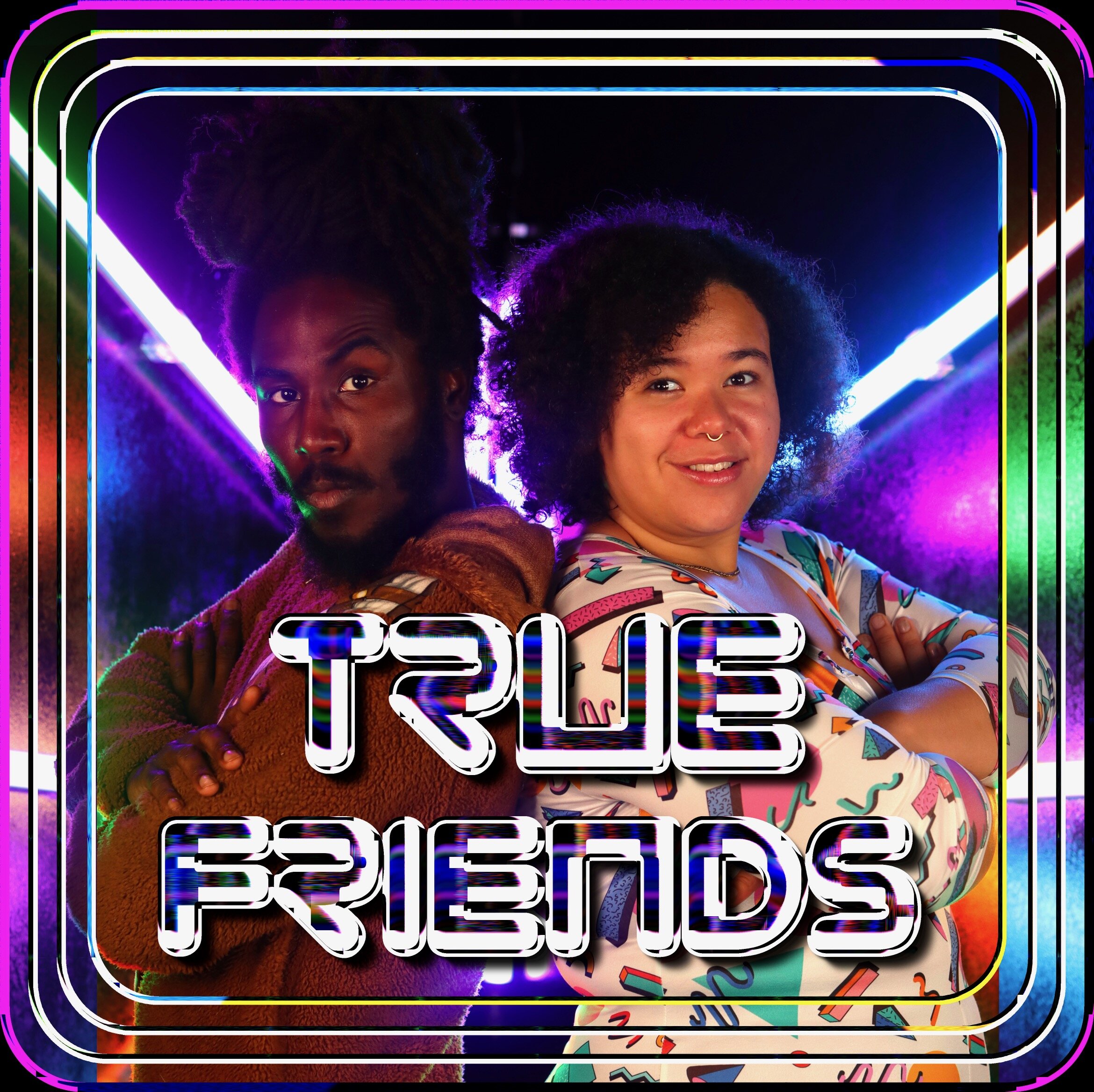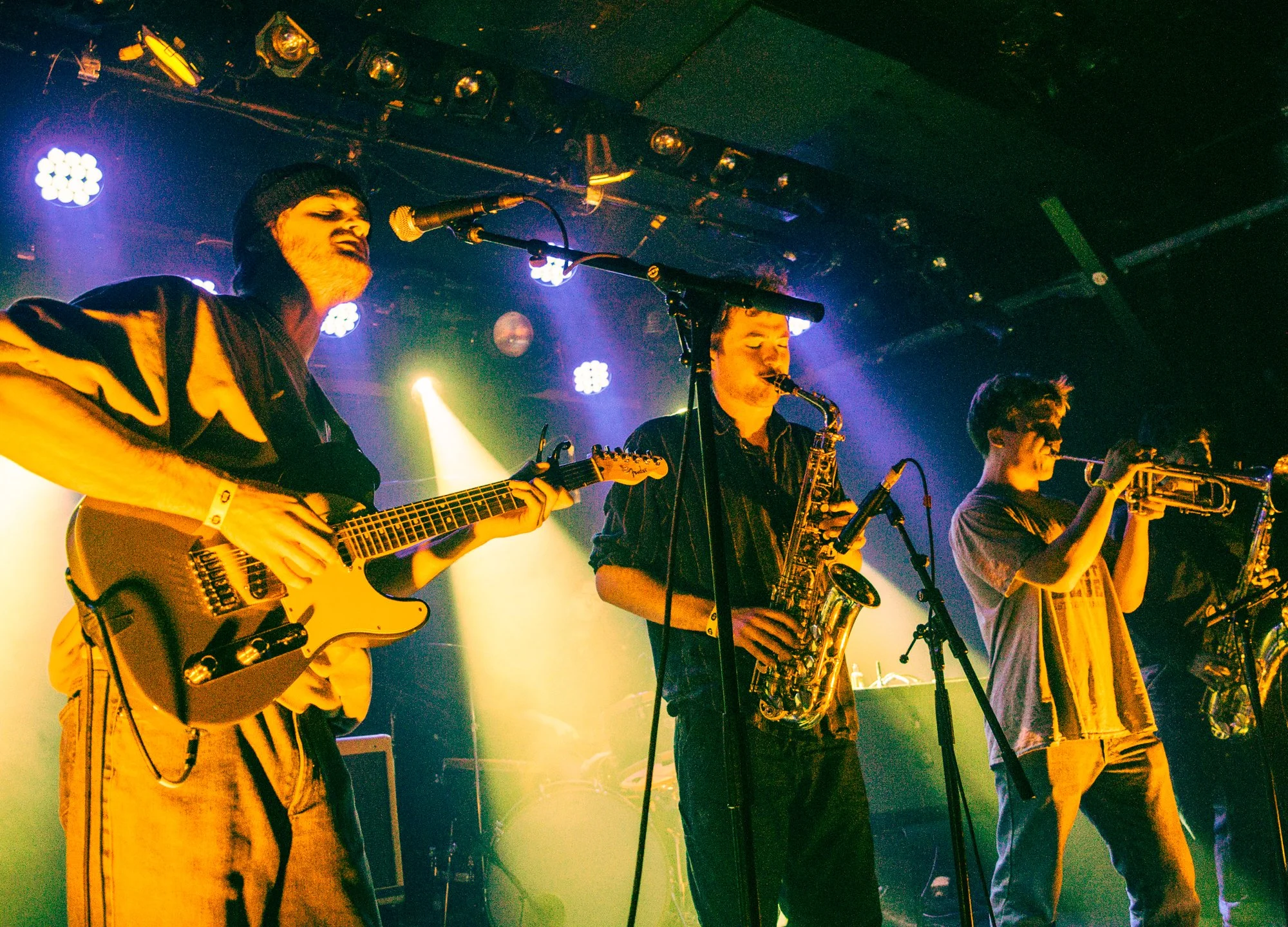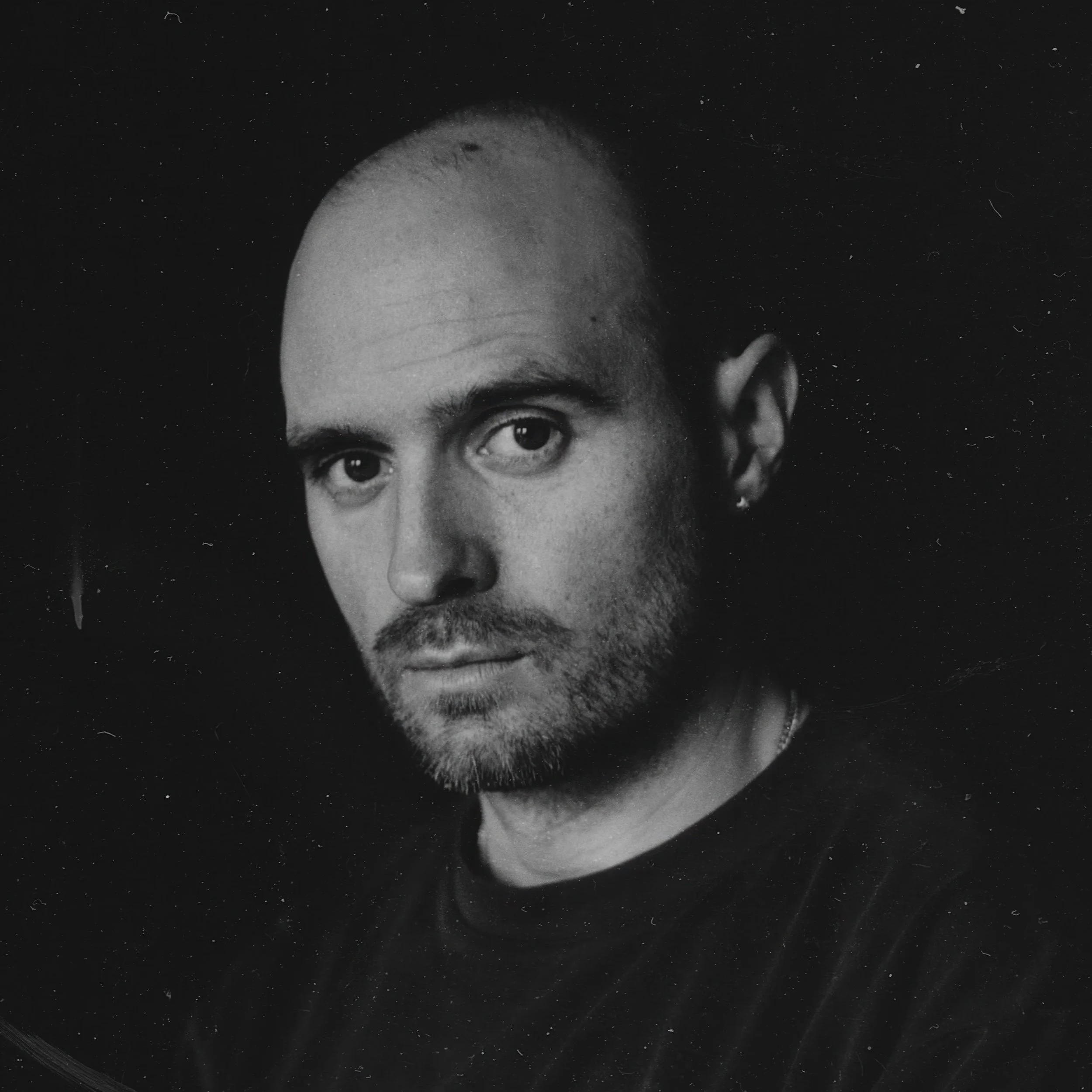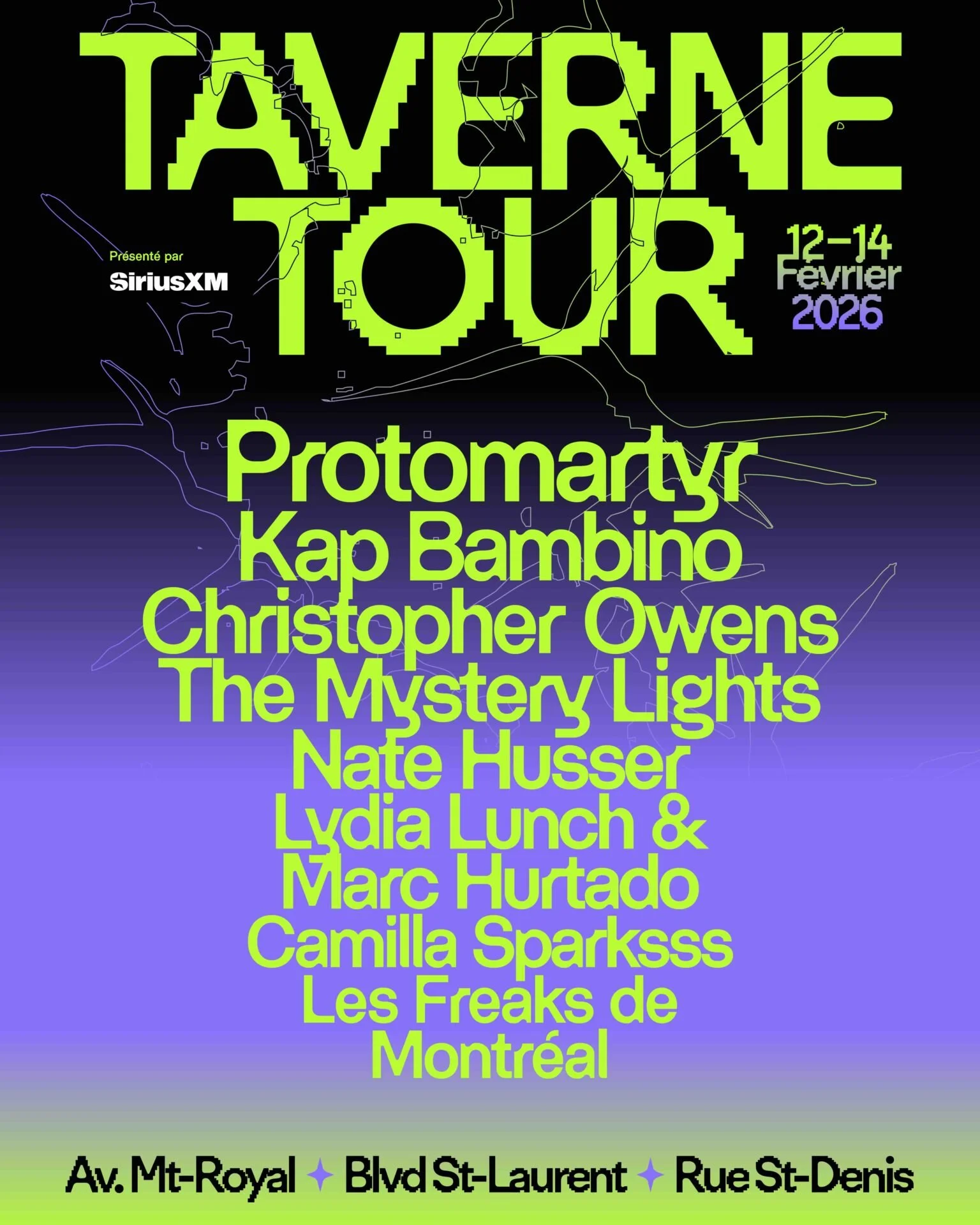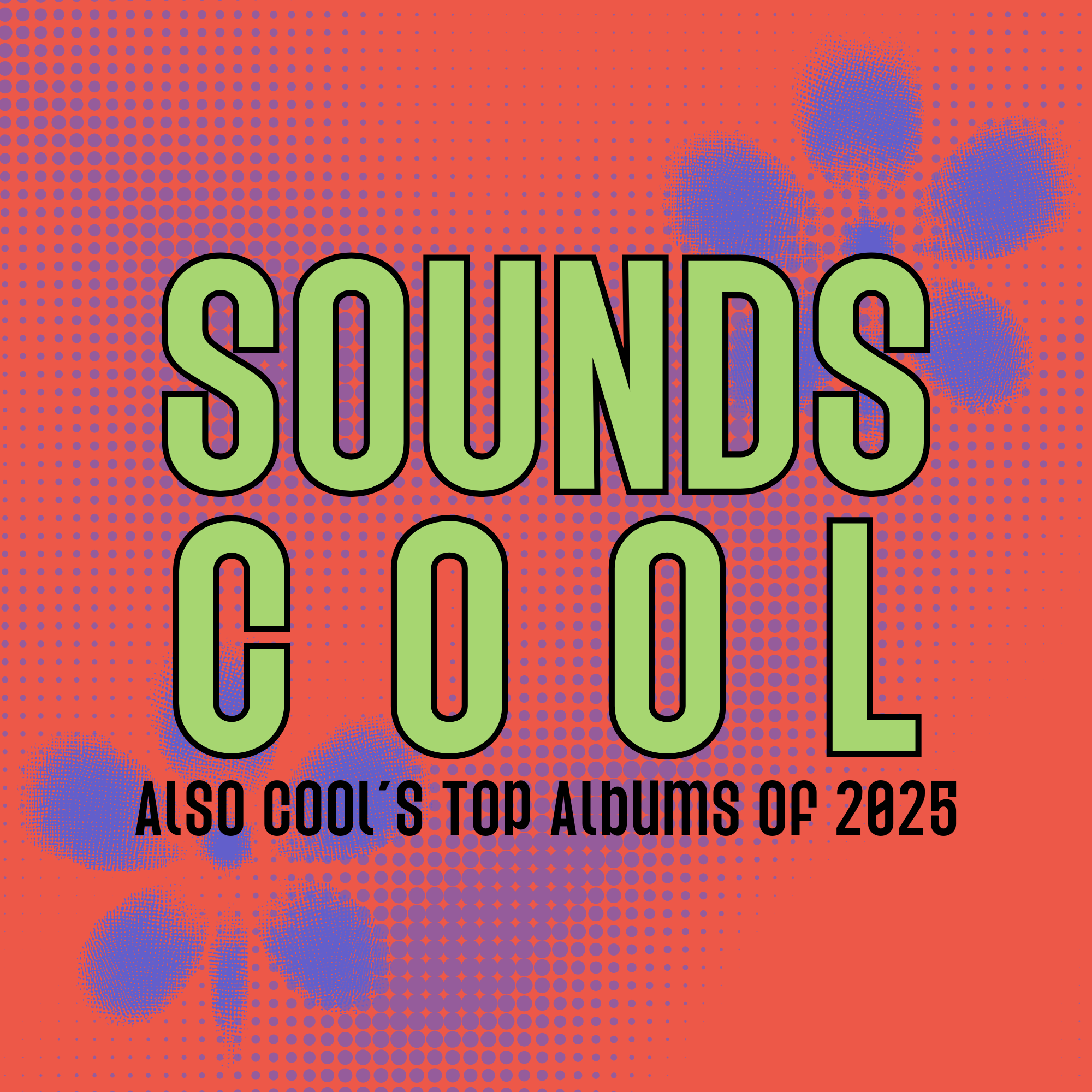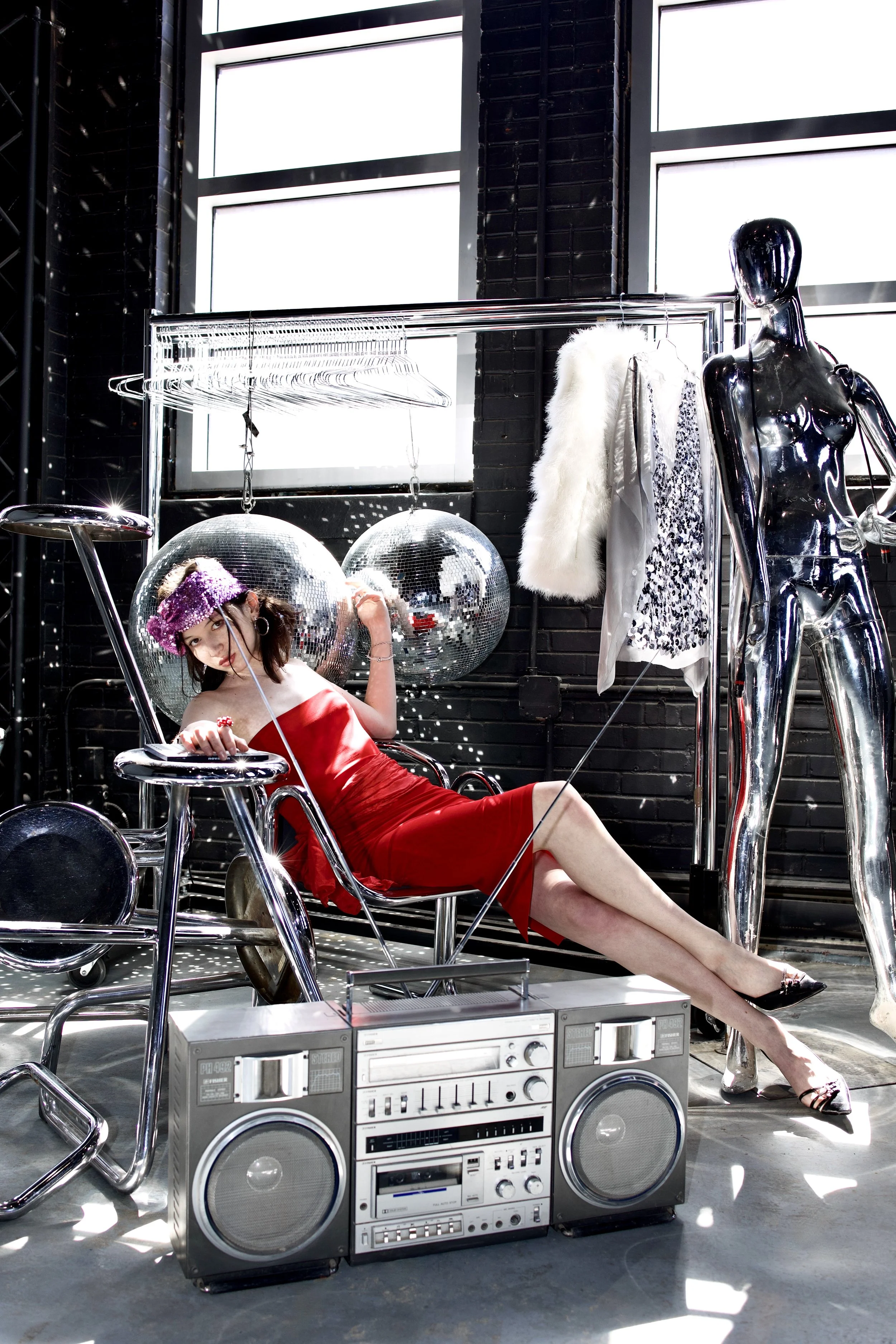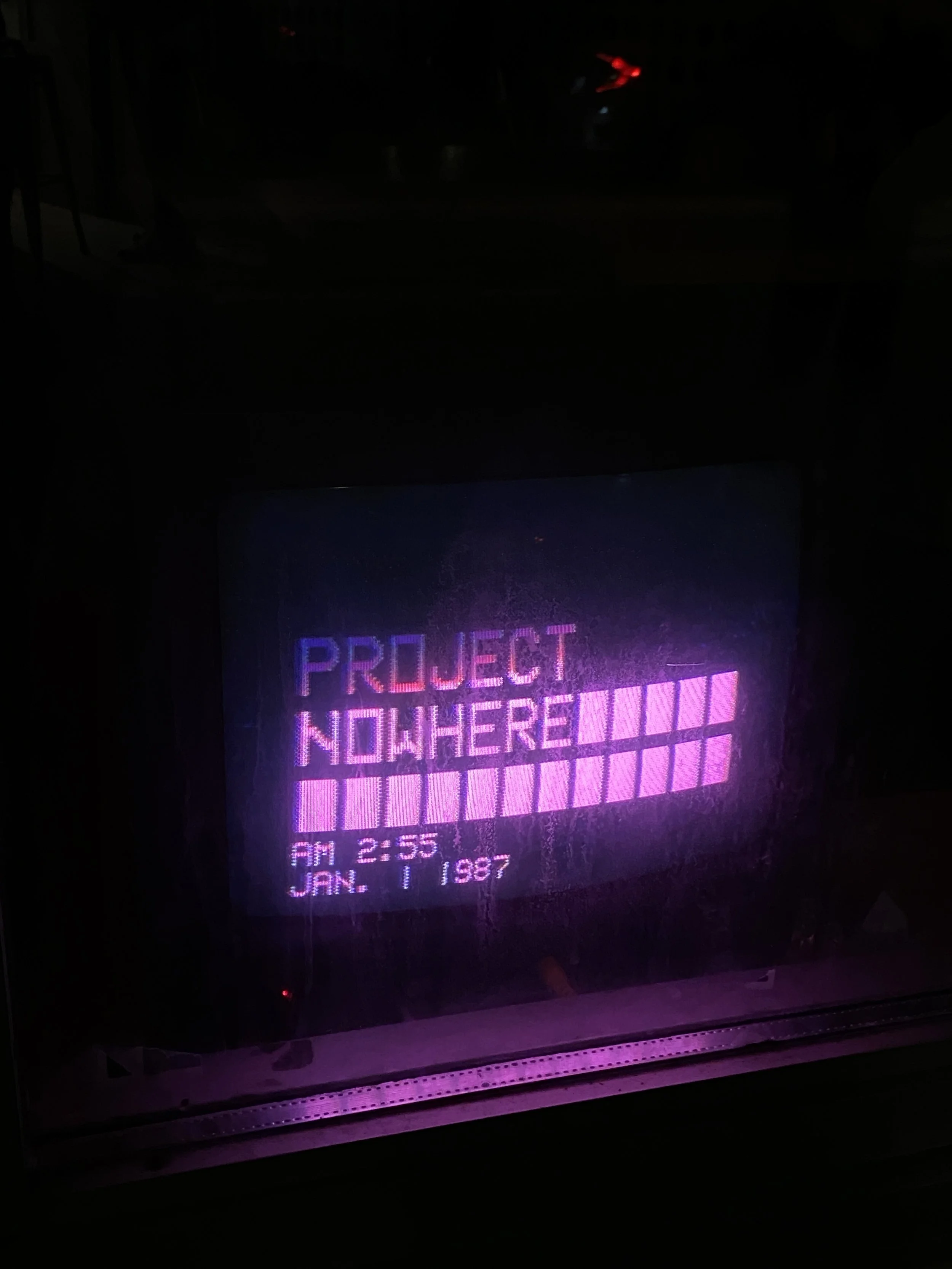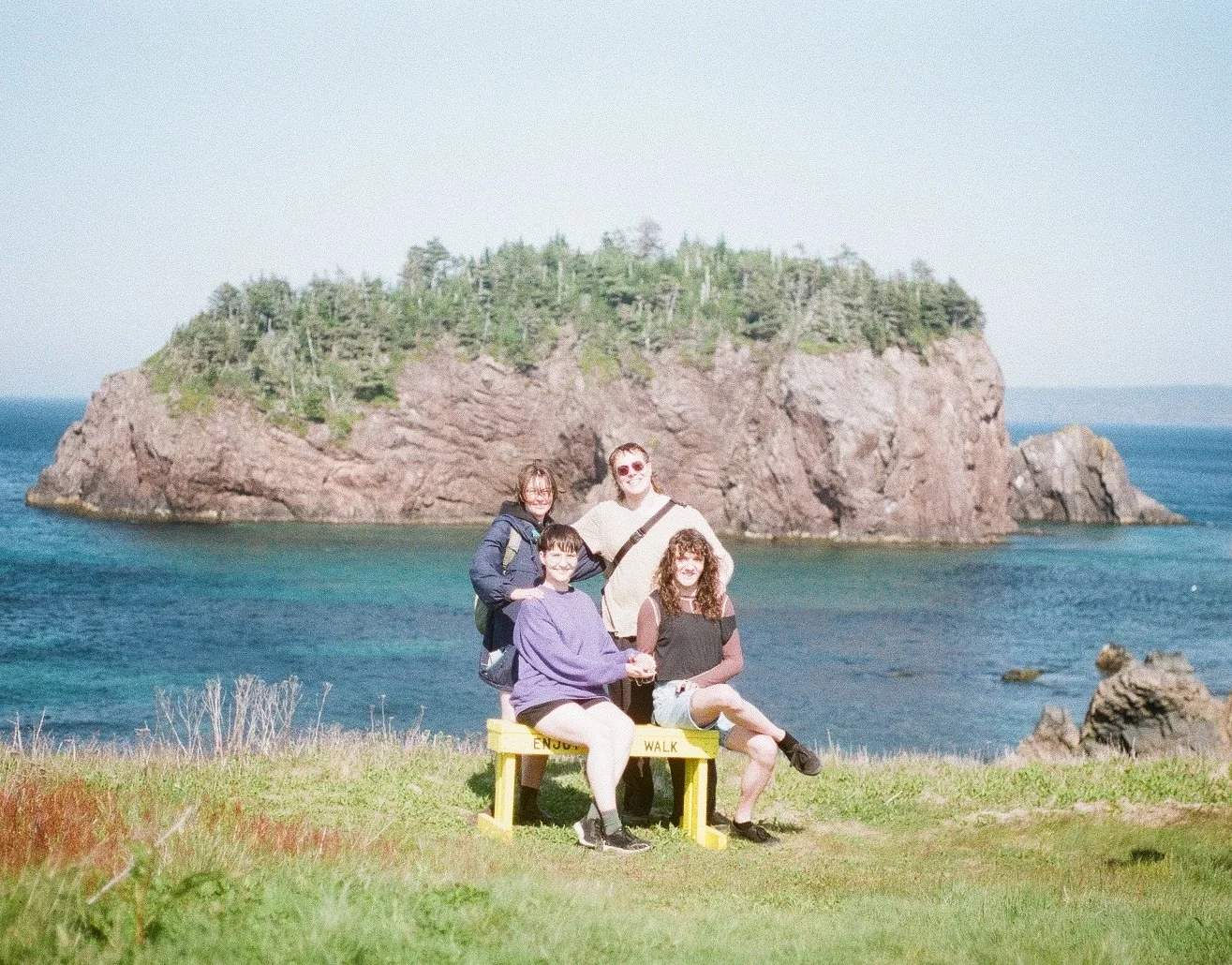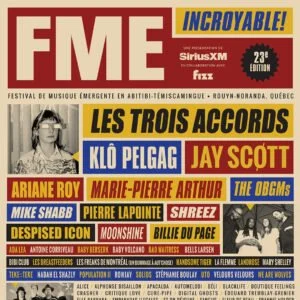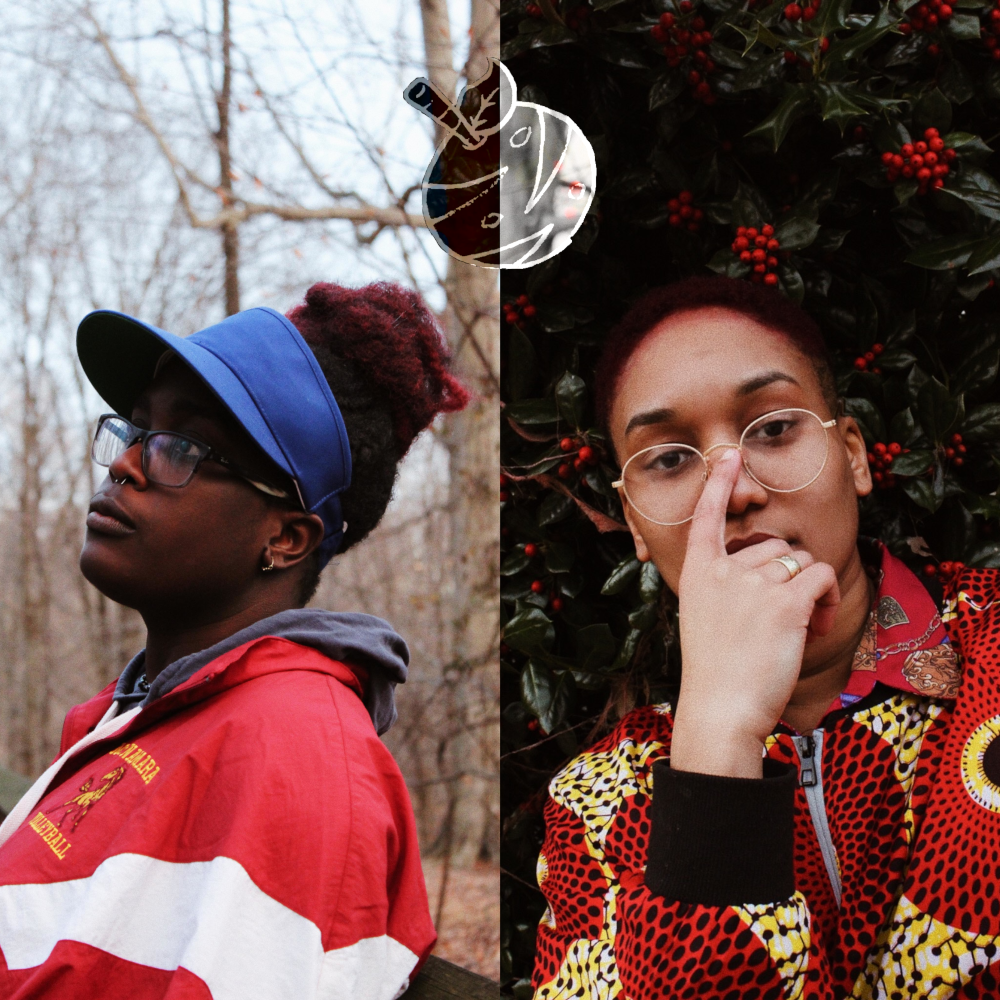Malaika Astorga for Also Cool: Can you tell us a bit about your relationship with Hip-Hop, R&B & Soul music?
Magi Merlin: Growing up, my parents mostly played classical music when I was around. I also heard some old-school R&B from my dad and some pop stuff from my mom, but my parents were never that music-oriented. So, as I grew up, and after realizing that I wanted to pursue music, I made sure to listen to all genres of music in an attempt to find what resonated with me the most. I naturally found myself drawn to Neo-Soul, alternative R&B, and Hip-Hop; the voices in these genres really spoke to me. Being a blank slate and not having much outside influence in what I was listening to at a young age almost made my connection to these genres stronger because it felt like we chose each other.
Naïka Champaïgne: My relationship with Hip-Hop, R&B and Soul has been through the sounds being played in my house. My mom had numerous R&B CDs, Hip Hop CDs and was a HUGE fan of Prince. Hearing soul and R&B specifically on Sundays meant my mom was cleaning. It just always has been part of my life. I can’t tell you when, where or how it was brought to my life because it’s just always been there.
I have a really intimate relationship when it comes to those genres because I always wanted to know more; who sang this? Who wrote this? Who sampled this? Who composed this? What are the different ways they performed it? My mom sometimes would be surprised that I knew this artist, because I was not born during their time, but I was just a kid (and always am to this day) that searched for the artist. I started their discography from the beginning to the end, with the artist’s bio, with the album bio, creative process, writing process and lyrics all open next to me while I listen to the songs, in order to fully grasp the music. My relationship with Hip-Hop, Soul and R&B differs in terms of what/who I’m composing for.
With Strange Froots I focus a lot more on Hip Hop ways of writing and flowing and the more 2000s girl group R&B vocals harmony, and as a solo artist I focus more on the Soul vocalization and melody composition.
Mags: All of the Hip-Hop and RnB I grew up listening to I got from my older siblings, mostly when they would pick me up from school or when I had to tag along with them and their friends hanging out in the 90s, if not simply from having MTV or VH1 on the tube. My family also was really REALLY big on CDs and cassette tapes; my earliest memories of those include TLC’s CrazySexyCool, Michael Jackson’s Dangerous, Brandy’s debut eponymous album, Whitney Houston’s My Love Is Your Love, and the soundtrack to the 1995 film Waiting to Exhale (which included a lot of the aforementioned artists on top of introducing me to some of RnB’s staples like Toni Braxton and SWV). My dad was a huge part of my musical upbringing, in many genres, but he bought me my first CDs when I was in elementary school: Nelly’s Nellyville (which is all Hip-Hop with a few Cedric the Entertainer skits), and the soundtrack to the Will Smith 1999 film Wild Wild West (which was mostly Hip-Hop, with a bit of RnB and Latin-infused music).
Within Strange Froots I’d say a lot of my artistry as an MC is heavily influenced by Missy Elliott, as a singer I might say Brandy, Nelly Furtado and Destiny’s Child (especially for harmonies), and as a group member overall influenced by TLC who often merge genres.
